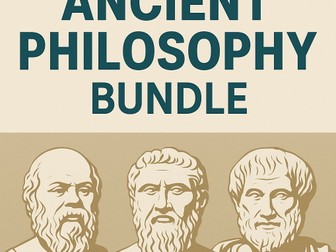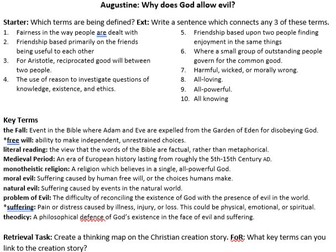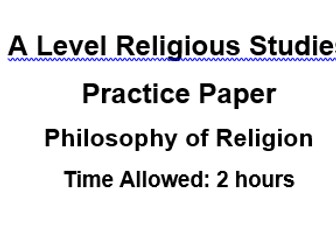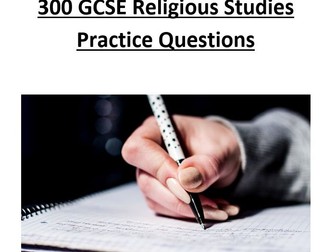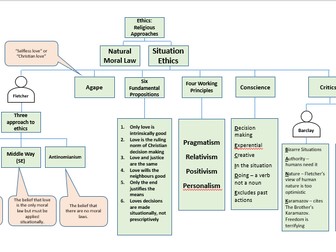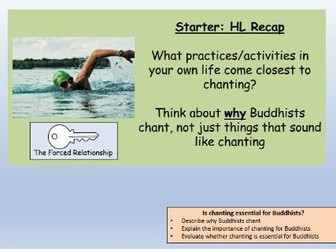Where can Philosophy and RS take you?
This a series of posters of famous people who have studied Philosophy or Religious Studies at Degree level or higher.
I'm using it as a display in my room to encourage students to think about taking RS/Philosophy at A Level.
Updated Dec 13 - added a few new celebs, improved formatting, added link to supporting blog post.
